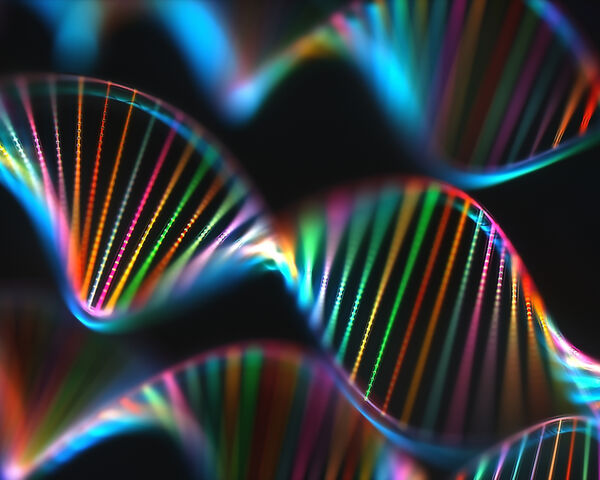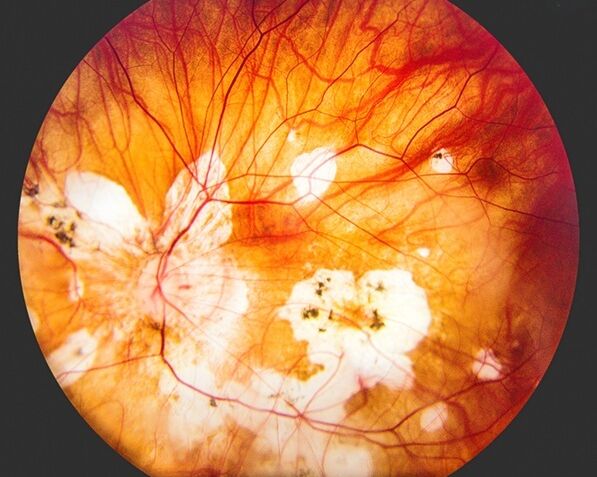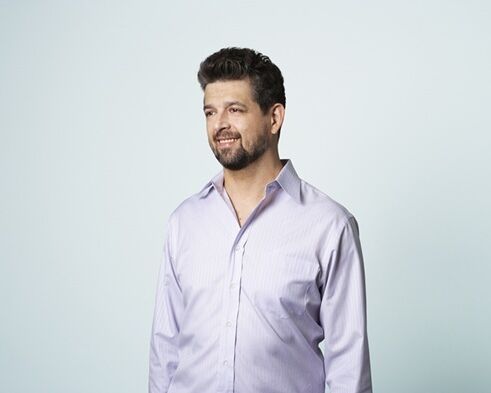Rare Disease Day 2022: Shining a light
We at Genomics England are joining the conversation this International Rare Disease Day, helping to raise awareness about rare genetic conditions, and those who are affected by them.
Rare conditions can be chronic and life-threatening and can take longer to diagnose and treat than other more common conditions. Although individually rare, there are more than 7,000 known rare conditions which affect around 1 in 17 (3.5 million) people in the UK. Rare conditions disproportionately affect children, with around half of those with a rare condition being under 5 years old. There is much yet to be understood around rare condition, and because of this, it takes on average 4 years to diagnose a rare condition, and 95% of rare conditions currently have no treatment.
Partnering with the NHS, Genomics England has sequenced the genomes of NHS patients with rare disease and their families, as well as cancer through the ground-breaking 100,000 Genomes Project which laid the foundations for the NHS Genomic Medicine Service. Through sequencing their genomes, 1 in 4 participants in the Project have received a new diagnosis, where none were discovered through routine care. As participants’ genomic and other health data continue to be researched by approved scientists, clinicians and academics, participants and patients will continue to benefit from improved diagnoses and treatments.
The Rare Diseases Action Plan
The UK Government published the UK Rare Diseases Framework in January 2021, which outlines priorities for improving the lives of people living with rare diseases. Today, one year on, the England Rare Diseases Action Plan 2022 is published. The Action Plan reports on progress made on the Framework and takes a significant step forward in transforming the priorities into concrete action. We are proud to be involved in the Action Plan, which includes developing our clinical research interface to increase the number of diagnoses from genome data, as well as looking into the potential of expanding newborn screening to include genomic sequencing, through our Newborn Genomes Programme, so rare condition diagnoses can be made earlier.
Shine a Light on Rare Conditions film premiere
We are delighted to be involved in the new 'Shine a Light on Rare Conditions' programme, with ITN Productions and Genetic Alliance UK, which premieres today. ‘Shine a Light on Rare Conditions’ aims to raise awareness of rare conditions and how scientific developments, such as genomics, help improve diagnosis and treatment. The film gives honest accounts from those who are affected by rare conditions and their families, as well as from medical professionals. A member of our Participant Panel, Andy Hart, speaks about his own diagnostic journey on ‘Shine a Light’. Andy has a condition called Retinitis Pigmentosa which is a complex group of genetic sight disorders that are usually inherited. Through participating in the 100,000 Genomes Project, Andy not only got a definitive, confirmed diagnosis, they now know his daughter Margaret, who does not present with the condition, is a carrier of the same gene for the condition, and could pass it on. This has helped her to consider in a more informed way what this could mean for her future and family planning:
“It’s not affected whether I want children or not - I still do - it’s more made me think further about how I go about it, and what the right decisions would be, not for me but for my future children.”
Rare skin conditions and how genomics can help
We at Genomics England are custodians of the National Genomic Research Library, which securely holds the clinically linked genomic data of more than 100,000 participants. We ensure that approved researchers can access data in the Library to improve diagnoses and treatments which directly benefit the participants and patients like them and their families. One of the focus areas of research within our Library is genetic skin conditions. This area of research has already led to improvements in the lives of those affected by genetic skin conditions. People with rare skin conditions and their families are benefiting from on-going advances in the field of genomics. According to the British Association of Dermatologists (BAD), a third of the UK population suffer from skin conditions, and a fifth of children have eczema, with skin diseases accounting for around 15% of a GP's workload. Advances in genomics means the cause of 600 different genetic skin conditions have now been identified.
Alan’s story: living with a rare skin condition
Alan is a 63-year-old yard manager for a fencing company living in Leek, North Staffordshire with his wife Susan. Alan lives with Olmsted Syndrome, a very rare disorder causing abnormal growth and thickening of skin commonly affecting the palms of the hands, the soles of the feet and around the eyes and mouth. Alan explains that the pain can take many forms:
“There’s the ache, it throbs, then there’s the burning derivative, it feels like fire and then there’s the pain of infection,” he said.
Alan’s father Tom had been very worried about passing on his (as then unnamed) condition to his children. When he was a baby, hard skin soon started to appear on Alan’s feet and his journey to Olmsted Syndrome had begun. As he grew up, his condition progressively worsened, and every aspect of Alan’s life was affected.
After 40+ years of wondering ‘why me’ and learning to live as best he could, Alan says the diagnosis in 2013 came as a relief. There is no cure for Olmsted Syndrome but the treatment allows Alan to control and manage his condition. He says about Olmsted Syndrome:
“It has absolutely dominated my life, spoilt my life, limited my life, but in some ways it has also made my life. Faced with such a situation either makes or breaks people. I have come through it and have kept fighting – and it is now my crusade to stop others from suffering.
“It’s so important that medical professionals and people suffering from conditions like Olmsted Syndrome know that getting your genome sequenced is essential – identifying the appropriate genes can be the pathway to a diagnosis, receiving the right treatment and improving people’s lives.”
Read more about Alan’s story and others with rare genetic conditions here.
The G Word podcast: Rare Disease Day 2022 episode
In our Rare Disease Day episode of The G Word podcast, our Head of Engagement, Vivienne Parry OBE, talks to Dr Neil Rajan and Professor Ruth Murphy, both consultant dermatologists and members of BAD. They discuss what kind of diagnoses and research they have been able to undertake because of the data in the Library, and what difference these diagnoses could make to patients and their care. You can listen to the episode now here.


